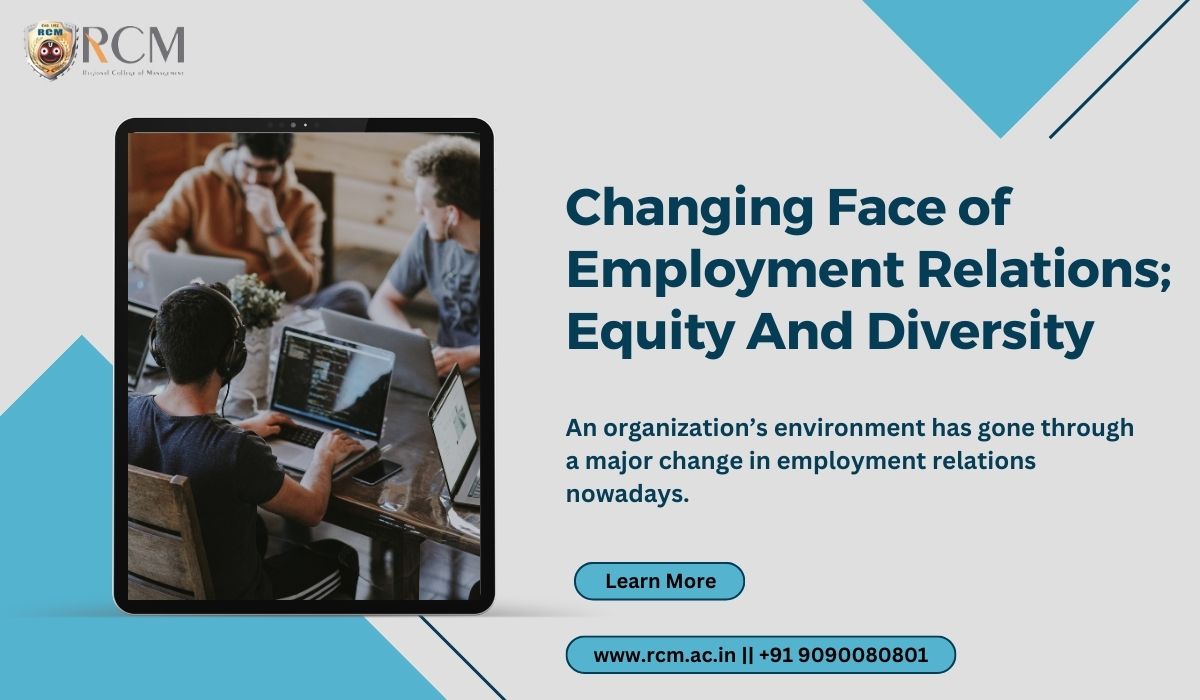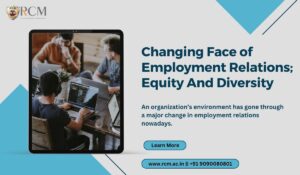Skills are the most basic and fundamental characteristics that one should cultivate, especially for students. In today’s world, not only is the need critical, but the implications in the education sector are mandated.
As a result, we have already discussed the importance of skill development in our previous blogs, and in this blog, we will focus on the skills that a student should have in order to have a successful profession and life in general.
The objective is to uncover the most crucial skills that students require to be successful. It is vital for education to be reformed. Self-directed professionals who can adapt and learn rapidly, think critically, communicate well, and innovate are in high demand. Examining the concept These are some of the skills that a student will need in order to be successful in the future.
An Adaptive Thinking:
Things are evolving at an exceptional rate in the digital world. A newer version of the software or program is available by the time employees learn it. Future employers must be able to adjust to changing conditions as well as learn new things fast and efficiently. Students must learn how to learn and adapt this adaptive thinking to accelerate in this changing era.

Communication Skills:
There is still a strong emphasis on communication skills. Though, in the digital age, we have access to a plethora of new means to communicate, ranging from video conferencing to social networking. Future employers must be able to communicate with people both within and outside of their teams and businesses.

The Teamwork Skills:
The majority of classroom activities and culture emphasised competition or independence rather than teamwork and collaboration. This adaptation to a culture of teamwork and collaboration is required for future industry-ready employers. This is essential to get involved in teamwork with others within and outside of the organization, which often uses a number of new technologies.

Problem-Solving Abilities And Critical Thinking:
The ratio of employers following the direction and the increased emphasis on employers thinking critically and solving problems is now changing. In a fast-growing world that is changing every minute of time, there is a need for experts and professionals who can carry the ability to solve problems, provide ideas, and help in the development of the organization.

Private Management:
This enables the Employers that be able to plan, organize, develop, and execute autonomously rather than relying on others to do so.
The Technological Skills:
This is something that is really crucial for an individual to carry these assets because staying in a technology-oriented era and not being acquainted with technology is extremely unmanageable in an industry-based atmosphere. Technology is everywhere. Institutions, on the other hand, have been reluctant to adapt to this transformation. Students are rarely required or instructed to learn technology effectively. This must be stressed.
Soft Skills:
Institutions hardly ever devote so much time to helping students develop soft skills such as time management, organizational skills, the ability to look someone in the eyes when speaking to them, and the use of a firm handshake. Several company leaders have said that these abilities are fading.

Empathetic And Perspective:
Although this ability has always been important, it appears to be fading. The learners’ ability to put themselves in the shoes of others, comprehend their emotions, and solve their issues.
However, it is essential for individuals to learn some basic knowledge. There is a need for learners to put what they are learning into practice through participating in projects. In order for a person to develop the abilities that will be important to their future success, they must be engaged in higher-order thinking skills. Bloom’s Taxonomy is an excellent illustration of the various stages of thinking.
As educators, we must move away from relying on lower-level skills like memorization and recall and instead assist kids in building higher-order thinking skills like applying, analyzing, evaluating, and inventing.
















